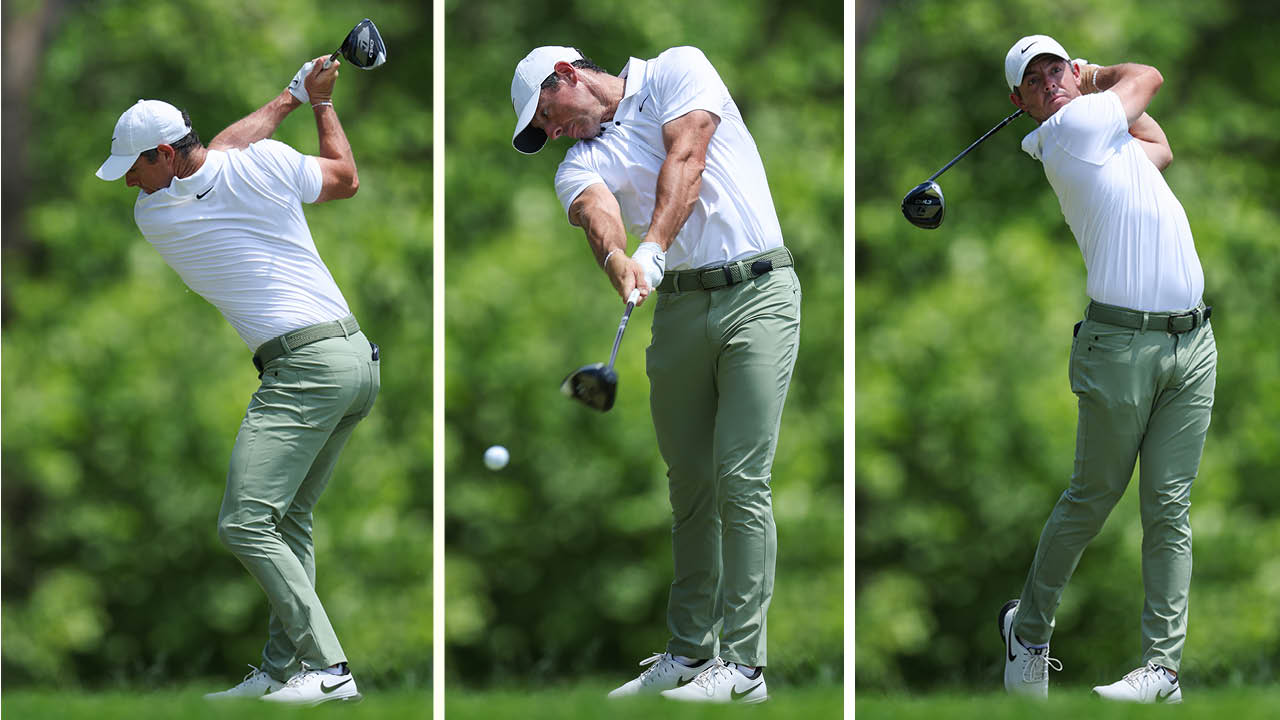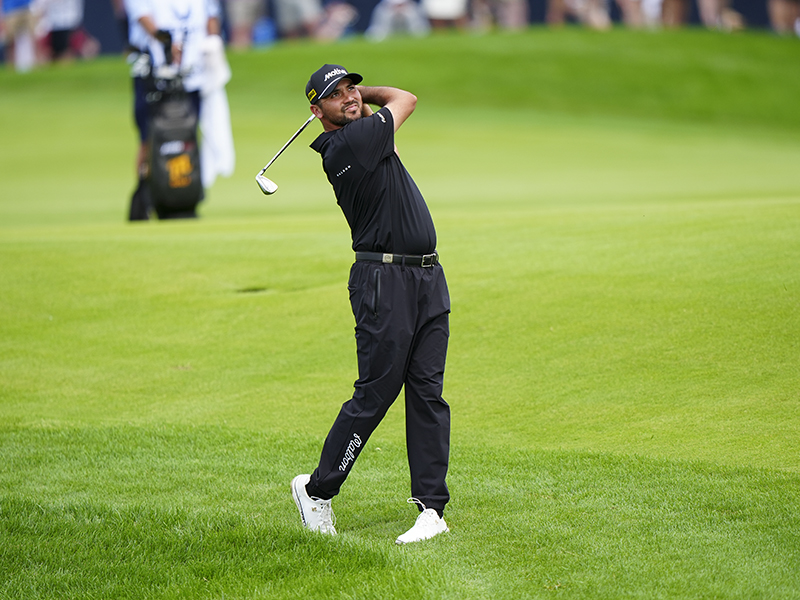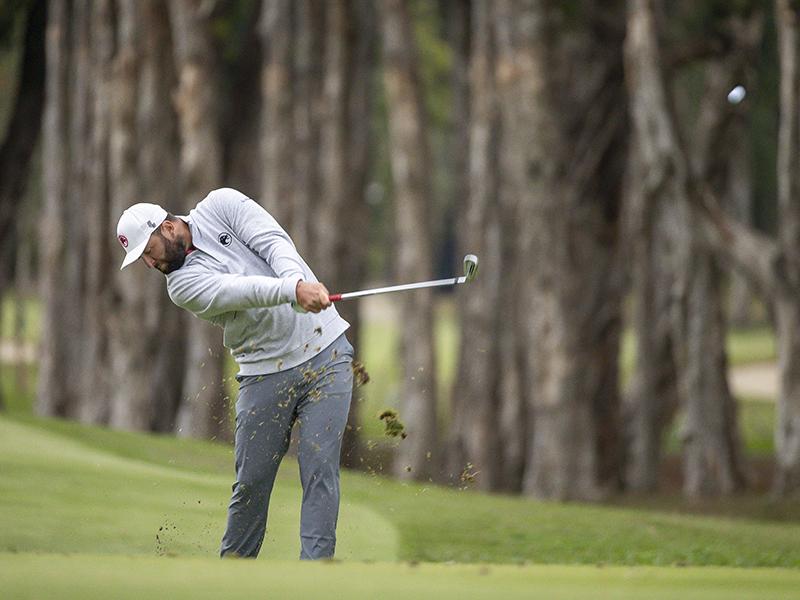
The golf swing is something that is unique to all golfers, but there are some key fundamentals that are perpetually present. Elements such as the perfect golf grip and ball position are just a couple of examples which feature throughout the best golf tips, but while weight distribution is regularly analysed in the golf swing, the ideal finish position is often overlooked.
There’s nothing more aesthetically pleasing than watching Rory McIlroy or Tommy Fleetwood hold the perfect finish – it all looks so natural. It’s a part of the swing that gets talked about a lot, but is it really that important, or is a balanced finish just for show?
For many amateur golfers, it’s not a position that they think about often – not during the swing at least. That said, most professionals acknowledge that reaching a balanced finish is crucial.
Golf Monthly Top 50 Coach Paul Foston explains why this is, and highlights some of the faults that prevent amateur golfers getting to a model finish...
1. Start With The Finish
When you watch players like Rory McIlroy, Justin Rose and Jason Day, it’s very obvious that they hit it hard – yet they’re all in balance; they’re not dancing off their feet.
If the swinging motion of the arms is in harmony with the turning motion of the body, you can hit it as hard as you want and you can still be in balance. True, you can be a little off balance at the finish – Jack Nicklaus and Gary Player sometimes were – so long as you’re in the right position when you hit the ball.

2. Transfer And Weight Transfer
One of the most common faults I see concerns the transition from the top of the backswing. Amateurs have a tendency to start the downswing from the top half – so they’re using their shoulders, hands and arms. In this instance, it’s not uncommon to see a player take a step back because there’s so much weight on the trail side.
The key for me is to transition from the ground up. Bend the knees to start the transition from backswing to downswing – imagine there is a sponge under your lead foot and you are trying to squeeze water out of it. This feeling will initiate the start of the downswing and the rotational movements of your hips as your weight moves on to your left side.
When the transition is out of sync, and/ or your weight is in the wrong position, there’s very little chance of achieving that balanced finish. In terms of performance, the consistency of strike will be off and a lot of power will be lost.
3. Rotation And Extension
A great example of rotation and extension in the golf swing is Jon Rahm, as he is great at unwinding his hips. He’s not stopping, because he wants to turn his hips all the way through. He’s holding nothing back, yet he’s perfectly balanced all the way through – from set-up to finish.
With a wide base at the start, he doesn’t lose any balance. The arms complement the body rotation; they’ll extend fully and finish around the head and neck. A full, well-balanced finish position is the result of a good swing. The majority of his weight is on the outside of his lead foot.
Although it’s not an exact science, you should have around 90 per cent of your weight on your left side at this point. You should be on the toe of your trail foot, with your hips and sternum having rotated left of target.

Want To Read More Expert Golf Tips?
The Golf Monthly archive is a gold mine of brilliant reads, documenting a journey through the history of golf dating back to our first issue in 1911. Take advantage of over 100 years of invaluable tips from the best tour professionals and coaches in world golf, by subscribing to the online Golf Monthly Archive.







